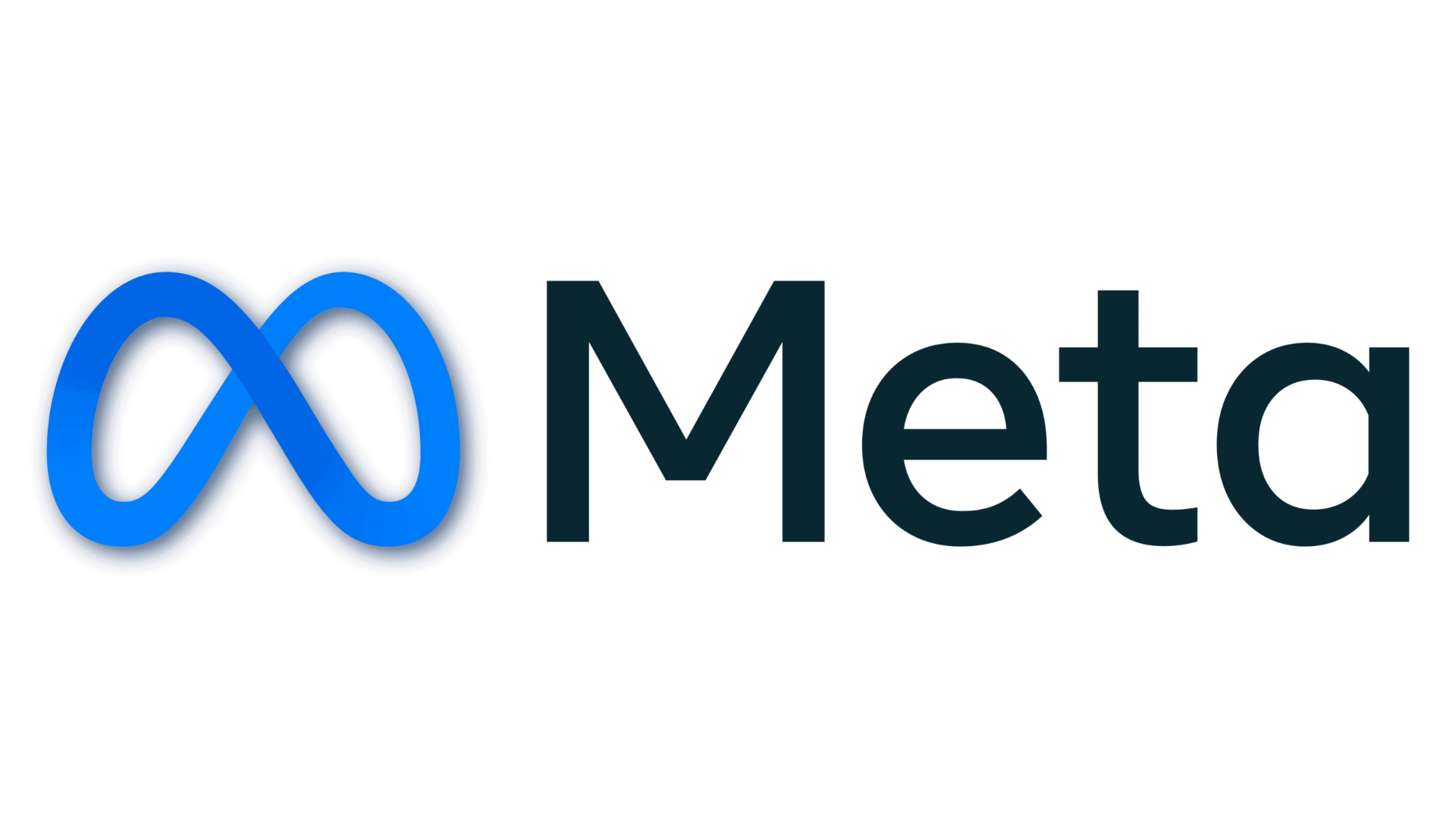Women economic empowerment: Past, present, and future

Is it irrational to empower women to create their own futures? Is it foolish to promote healthier perceptions of women's roles in technology? Is it ridiculous to do this despite the challenging traditions society has determined for women? If it were, no progress could be made, and results would remain unchanged.
Over many centuries, women have taken leaps and bounds towards obtaining the empowerment they deserve. Today we recognize International Women’s Day to honor and celebrate these achievements and champion the rights of more women to break more barriers. There are still numerous obstacles women face. But today’s women have an empowering tool that the women of yesterday didn’t, and that is technology. As technology advances, it will continue to touch almost every part of our lives, and that includes women’s rights. One of the things we would like to focus on in this article is financial inclusion through technology and how to empower women through fintech.
The challenges facing women in the workplace and beyond
There are countless obstacles standing between many women and their financial independence. Female employees may experience discrimination due to their gender, such as being passed over for promotions or being offered lower salaries than their male counterparts. Additionally, many women must choose between family obligations and pursuing a career. Furthermore, women often find it more difficult to access resources within their field, such as mentoring opportunities and support networks. But evidence has shown that companies with women in senior roles outperform companies that lack proper female representation, especially in innovative fields such as fintech. Additionally, financially literate women can combat the negative impact of financial illiteracy which includes:
- Inability to pursue formal education
- Dependency on loans
- Health issues
- Homelessness in some cases
It is crucial for companies to take the necessary steps to create an inclusive environment and reduce the obstacles women face in the workplace. This would not only benefit the women, men, and the companies, but also have a positive impact on the economy and society. Equal pay policies and flexible working hours are important, but investing in education programs that provide resources for women to participate in the financial sector is just as vital. Doing so combats any subconscious bias that women cannot be in control of finances and helps shape the tech landscape for future generations.
The role of technology in increasing female representation
Historically, the fintech industry has been male-dominated and has failed to understand women’s needs. Consequently, 73% of women are unsatisfied with their financial services. What is even more alarming is that a great deal of women cannot achieve financial independence because they are not considered a target market for financial services. Female leaders in the fintech industry can bring unique perspectives and offer the right products and solutions for women.
A report by McKinsey Global Institute finds that we can add between $12-28 trillion to the global GDP (Gross Domestic Product) by 2025 through advancing women’s equality. Surely, that is a promising statement on why we need to act quickly to close gender gaps. But the issue in question is not about making more money; it is about empowerment. It is about doing the right thing. Technology has the potential to be a powerful tool for helping women gain access to financial services, improve their digital literacy, and increase their representation in the workplace. By doing that, we close a huge gap of underbanked women and contribute to their inclusion in financial services.
Another report by The World Bank found that about 740 million women do not have an account at a financial institution or through a mobile money provider. This can be attributed to reasons such as:
- Lack of regular income
- Legal discrimination
- Low literacy levels
Technology plays its role in this process. For example, financial institutions could help by promoting fintech solutions that are more tailored for women. Companies can use AI-based recruitment tools to reduce unconscious bias in the hiring process and make sure that more qualified women are getting the job opportunities they deserve. This allows women to create and innovate for other women. Technology can also provide a platform to help bridge the gender gap in financial literacy by providing online tutorials and tools dedicated to educating women on how to manage their finances and investments. Finally, companies can leverage technology to help create more equitable workspaces and working conditions, such as setting up virtual meetings and remote work opportunities which give women more flexibility in their day-to-day schedules. In doing so, organizations can ensure that female employees are empowered and encouraged to focus on their goals and objectives. In short, technology has the power to help create a more equitable and diverse work environment for female professionals.
Fintech for females
Women lacking competency in financial literacy face serious repercussions, such as taking on substantial amounts of credit card debt, defaulting on student loans, and having trouble managing income, taxes, and investments, reports Annuity.org. Fintech solutions can be especially helpful for women who may not have the same access to traditional financing options and educational resources as men.
Solutions such as crowdfunding platforms, peer-to-peer lending networks, and microfinancing initiatives can all provide much needed funding for small businesses owned by women. Fintech can also help with other aspects of running a business, such as managing finances, tracking expenses, and providing marketing support. For example, automated accounting software and expense tracking apps can make it easier for female business owners to manage their finances in an efficient and cost-effective manner. With fintech, females can find the financial resources they need to succeed and achieve full financial independence.
The future of female financial empowerment
The Bill & Melinda Gates Foundation defines three critical features to achieve women’s economic empowerment:
- Access to income and assets
- Control of and benefit from economic gains
- Power to make decisions
As fintech continues to evolve, it will become an even more important tool for helping women achieve financial independence and reach their full potential. With its ability to reduce bias and provide access to financial services, fintech can play a major role in creating a more equitable society where men and women have equal access to economic opportunities.


